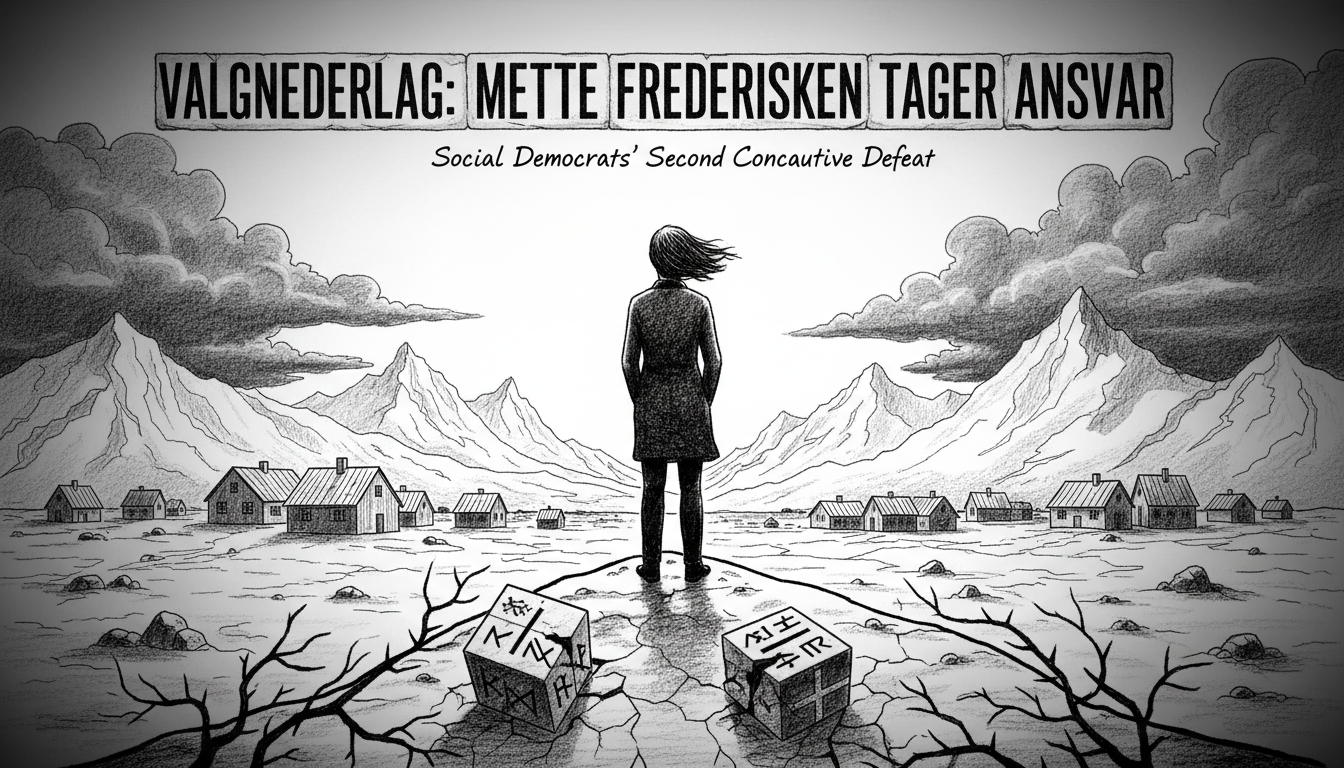Danish Prime Minister Mette Frederiksen has accepted full responsibility for her party's poor performance in municipal elections. The Social Democrats face substantial losses across multiple municipalities in what marks their second consecutive electoral setback.
Frederiksen made her statement before addressing party supporters at the Workers' Museum in Copenhagen. She acknowledged her leadership role in the party's disappointing results. The Prime Minister stated she always bears responsibility for developments within the Social Democratic party.
This election continues a troubling pattern for Denmark's governing party. The Social Democrats previously suffered losses in last year's European Parliament elections. These back-to-back defeats represent the party's worst electoral performance since Frederiksen formed the current coalition government.
The municipal election results reveal dramatic shifts in traditional strongholds. In Frederikshavn Municipality, the Social Democrats lost their absolute majority and will no longer be the largest party. The party failed to gain any representation at all in the municipalities of Fanø and Læsø.
Historical context shows this decline has been building for years. During the 2021 municipal elections, the Social Democrats secured 28.4 percent of all votes. That result already represented a four percentage point drop from their 2017 performance and was considered the party's worst municipal election result in recent history.
What explains this continued decline for Denmark's traditionally dominant center-left party? Political analysts point to several factors. The coalition government has faced criticism from both left and right on various policy issues. Some voters express dissatisfaction with the government's handling of economic pressures. Others question the direction of the welfare state.
The party found one small bright spot in Holbæk Municipality. Social Democrats maintained their absolute majority there under Mayor Christina Krzyrosiak Hansen. Even in this positive result, the party still experienced some decline in support.
These municipal election results carry implications beyond local governance. They signal potential challenges for the national government's legislative agenda. Weakened local support could complicate implementation of national policies. The results may also influence future coalition negotiations.
International observers watch these developments closely. Denmark's political stability often serves as a model for other nations. The Social Democrats' declining popularity could indicate shifting political attitudes across Scandinavia. Other Nordic countries have experienced similar challenges for established center-left parties.
The consecutive electoral setbacks raise questions about Frederiksen's leadership. While she accepts responsibility, the party must now determine how to reverse this trend. The next national election will test whether these municipal results represent a temporary setback or a fundamental realignment of Danish politics.

